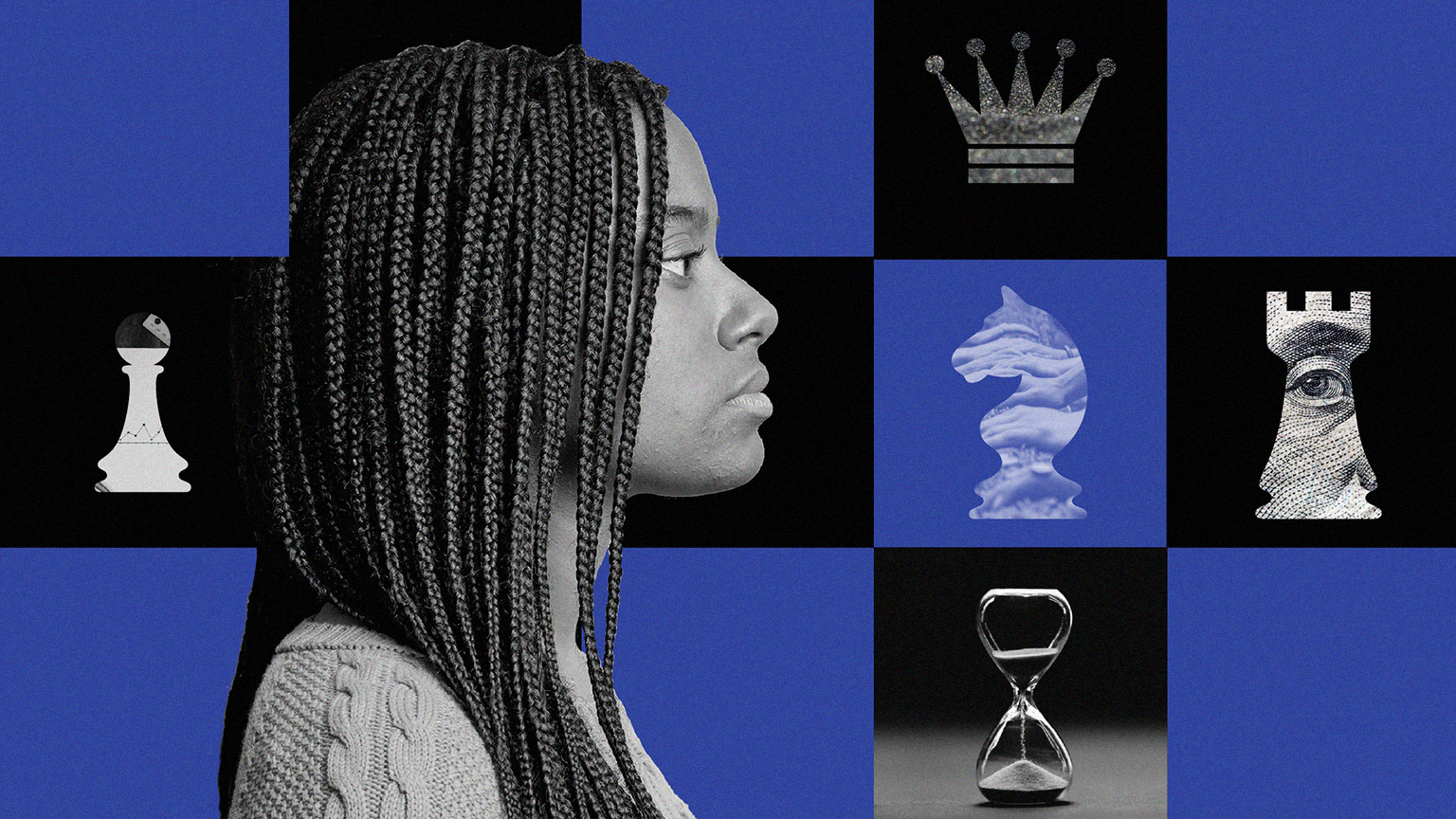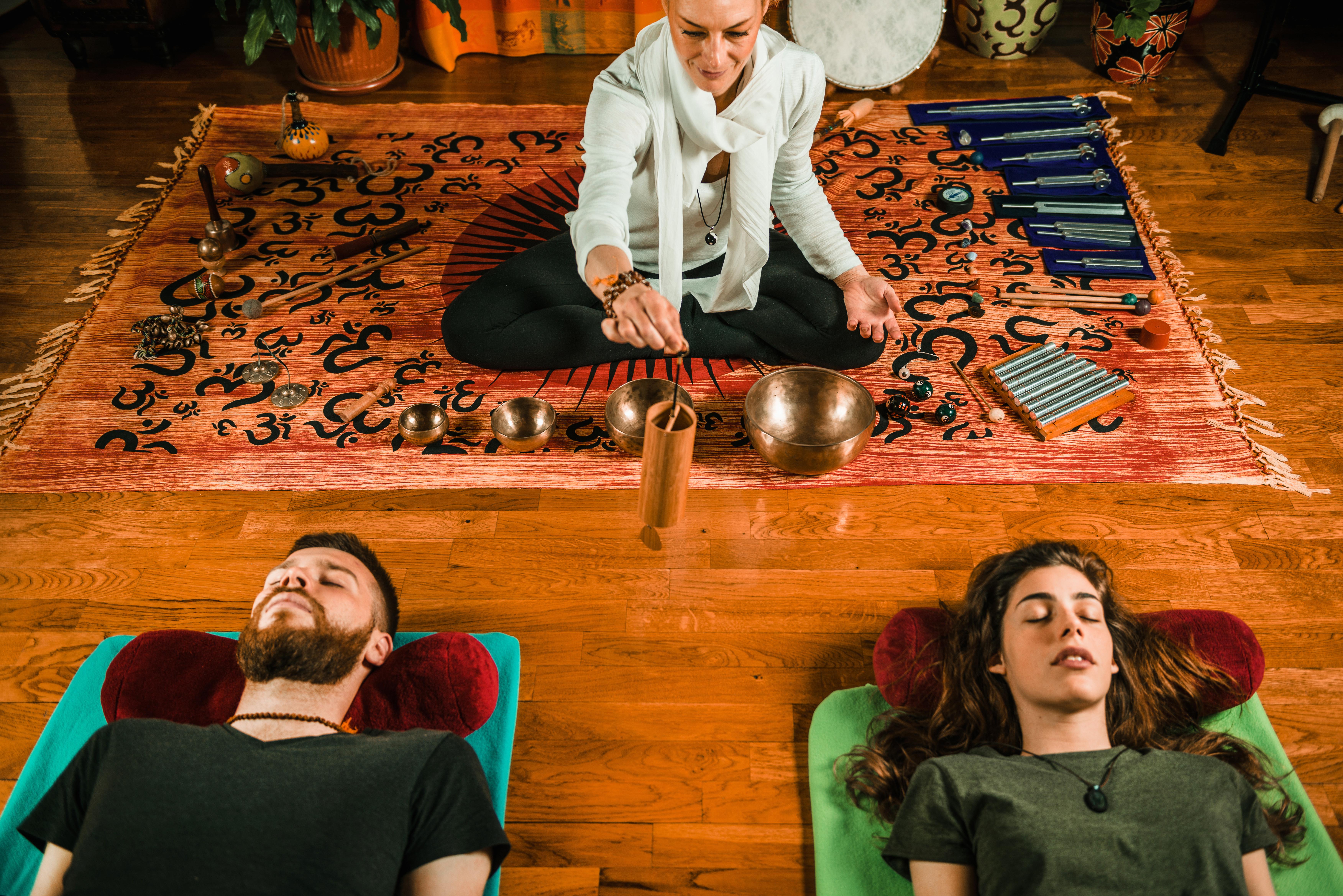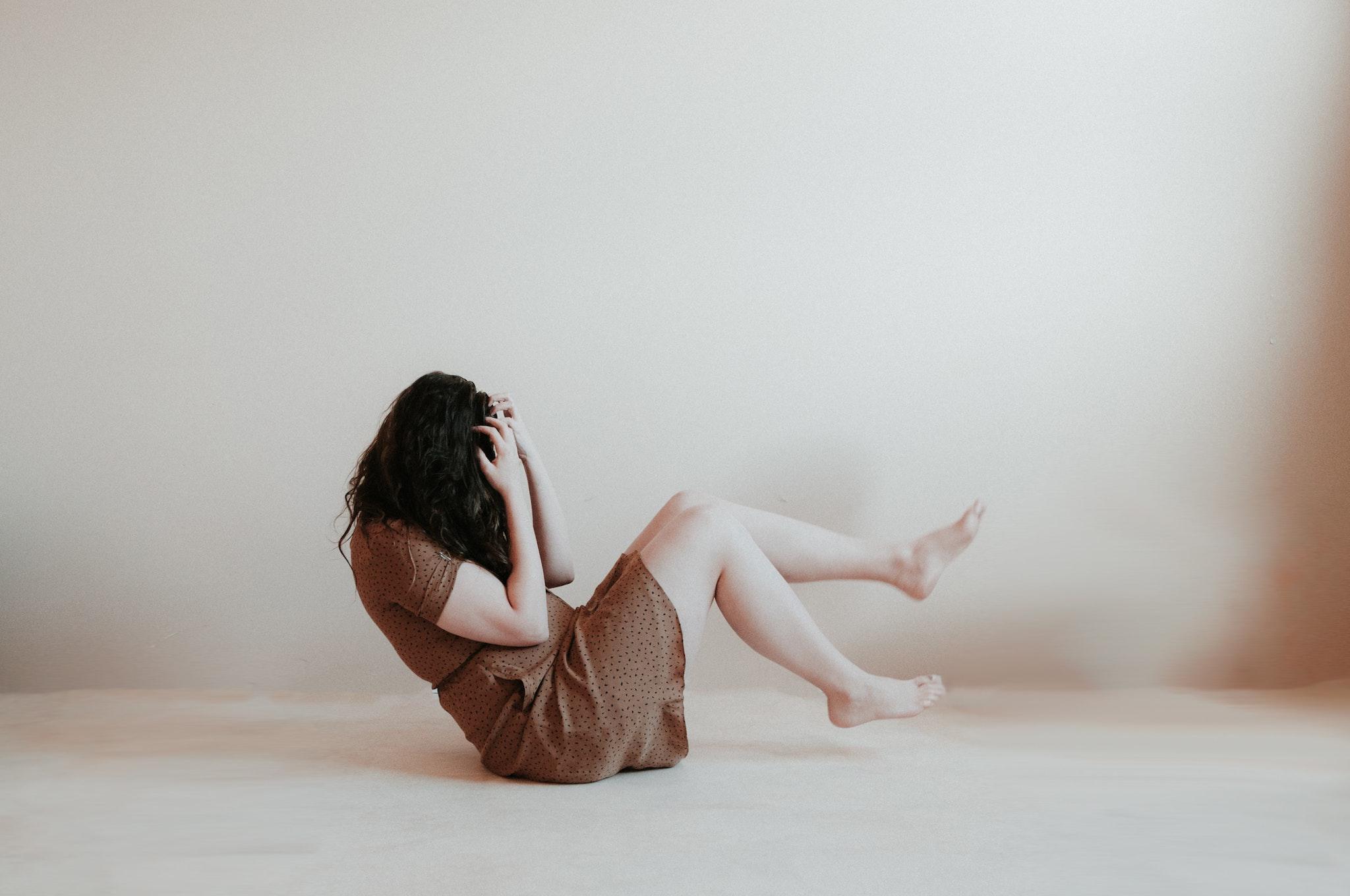In this refreshing take on the utility of hope, Princeton research scholar Victoria McGeer explains that there’s a difference between blind hope and practical hope. The latter means taking a clear-eyed view of potential disappointment, knowing that there may be failure, and then putting your anxieties offline by trusting in the elements that are beyond your control. Trust is a critical feature of human social life, and we’re often obligated to trust in uncertain circumstances: trust your kids, trust that stranger, trust your neighbor. Hope, when done properly, can fortify trust, reduce anxiety, and actually give you the tools to cope with disappointment. This video was filmed as part of the Los Angeles Hope Festival, a collaboration between Big Think and Hope & Optimism.
Victoria McGeer: I think of trust and hope as being really quite closely related and oftentimes we trust without really having to worry too much about whether the person we’re trusting is able to do what we’re trusting them with. Maybe they’re a very reliable type and we trusted them in the past with this sort of thing, and we don’t really—we’re not too worried about their capacity for living up to that trust. But very often we’re having to trust under conditions where we’re a little more uncertain. Or where we think there’s some sort of, as it were, almost moral obligation. Certainly it can be a sort of parental obligation to trust, for example, our children, when we think maybe they’re not fully reliable yet. And they may well disappoint us, but it’s certainly an important part of raising those children to understand that they are going to be asked to do things, they are going to be relied on in various ways. It’s a way of allowing them to develop those capacities to be responsive to trust, which is a very important feature of human social life. And there I think we do need to energize our trust with our own capacity to hope—that means something very particular for me. That is to say when we hope for things, we’re always facing the fact that we could be disappointed. And we’re facing that disappointment sort of in a clear-eyed way—that is, if we’re hoping well. And we’re saying, you know, I understand what the stakes are here but I think this is an important thing to do and it’s important to regulate my own anxiety about this.
So I use my hope to put certain worries offline, as it were, to just not focus on them. To focus instead on what could be, under the right sort of conditions and giving whatever support is necessary to make that come about. But, of course, I have to, as a hoper, realize that I could be disappointed and also therefore that I have the kind of capacity to recover from disappointment. That’s a very important part of hoping well.





